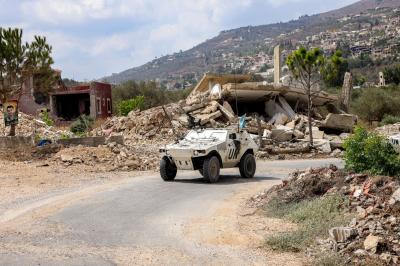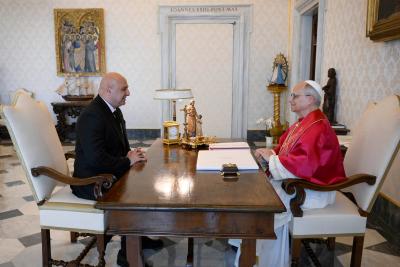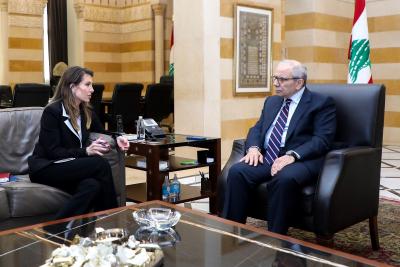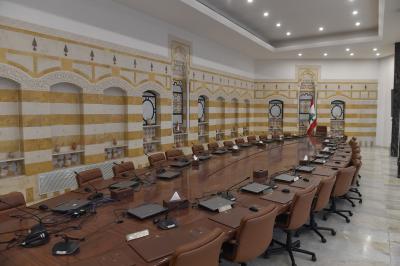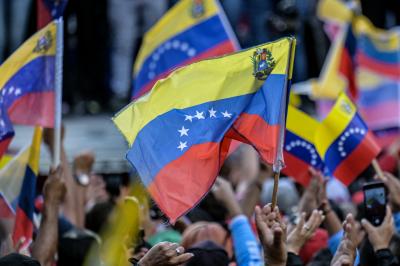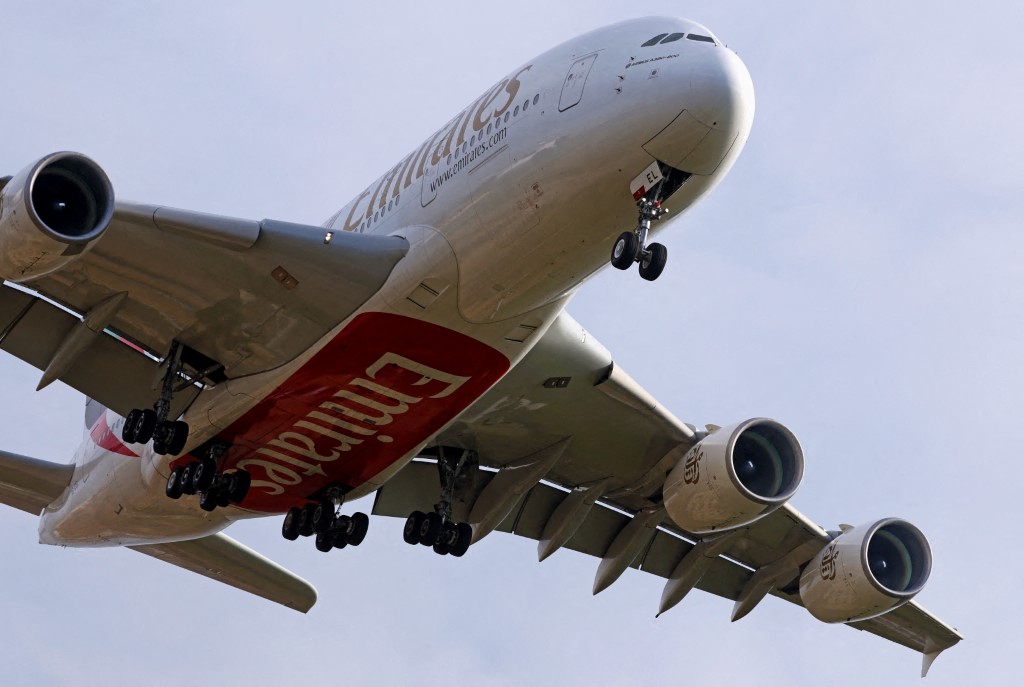With a touch of exaggeration, Lebanon welcomed the arrival of the first two Emirates flights to land at Beirut Airport following the UAE’s decision to lift its travel ban on its citizens. This move could positively impact Lebanon, which is preparing for a promising tourist season, especially if it prompts a return of visitors from the Gulf, particularly Saudis. The comeback of Gulf nationals translates into economic and tourism revival, and the potential return of investments.
Gulf countries—chiefly Saudi Arabia—have long been generous toward Lebanon, offering support and home. That support persisted until political tensions began to erode relations in recent years.
Beyond the UAE’s decision and its symbolic value—arguably more emotional than economic—the overly theatrical reception of the two planes stood out. Crowds gathered, sweets and flowers were distributed, media covered the landings live, and an official representative from the presidency was present. The spectacle echoed the fanfare surrounding President Joseph Aoun’s visits to the UAE and Saudi Arabia, and Prime Minister Nawaf Salam’s trip to Riyadh. It all reflects inflated expectations and an unrealistic reading of events.
It’s worth noting that the number of Emirati passengers on board was modest compared to other nationalities. More Emiratis continued to visit Lebanon even during the ban than were aboard these inaugural flights.
Lebanon, eager for the return of Gulf nationals, is banking on them to breathe life into struggling sectors. But what’s happened so far remains strictly in tourism—it doesn’t signal a deeper political or economic embrace. From Riyadh’s perspective, any political reset hinges on key conditions, most notably a significant rollback of Hezbollah’s political and military influence. This is seen as a prerequisite for contributing to reconstruction and funding major projects.
Observers of Lebanon-Gulf relations believe it’s too soon to speak of restored ties. The landscape has shifted. Gulf states, especially Saudi Arabia, no longer issue blank checks. Their investments are now conditional, dependent on transparency, oversight, and a fundamental distrust of Lebanon’s current political elite.
Despite hopes within the Lebanese government for renewed Emirati and Saudi investments, some argue that exchanging visits doesn’t equate to economic partnership. Saudi Arabia, for example, has yet to sign any agreements, despite speculation of renewed cooperation after the president’s visit. Similarly, the prime minister’s trip yielded no tangible outcomes—little more than a ceremonial Eid prayer with the crown prince, devoid of substantive developments.
The equation is clear: just as the U.S. conditions its economic support on curbing Hezbollah’s power, so too do the Gulf states. No aid will come without a green light from Washington—and that light remains red, or at best, amber.
Moreover, there is mounting pressure on Lebanon to disarm Hezbollah entirely. Unless this demand is met, aid will remain indefinitely suspended.
For now, the Gulf’s return to Lebanon is limited to a handful of modest trips. Any political comeback remains tied to a web of complex factors—municipal or parliamentary elections are not among them.
This is a symbolic return rather than a political or economic one. But for many Lebanese, it’s a hopeful sign—one that could pave the way for Saudi Arabia to lift its own travel ban, a move with potentially far-reaching benefits.
Gulf sources confirm that the UAE’s decision serves as a preliminary test for Lebanon. The primary condition from Saudi Arabia remains the cessation of hostile media campaigns. Reports suggest that the Lebanese government will soon be formally asked to ensure this, framing it as part of efforts to mend relations. Otherwise, delays in aid and tourism flows will persist.
Please post your comments on:
[email protected]
 Politics
Politics
